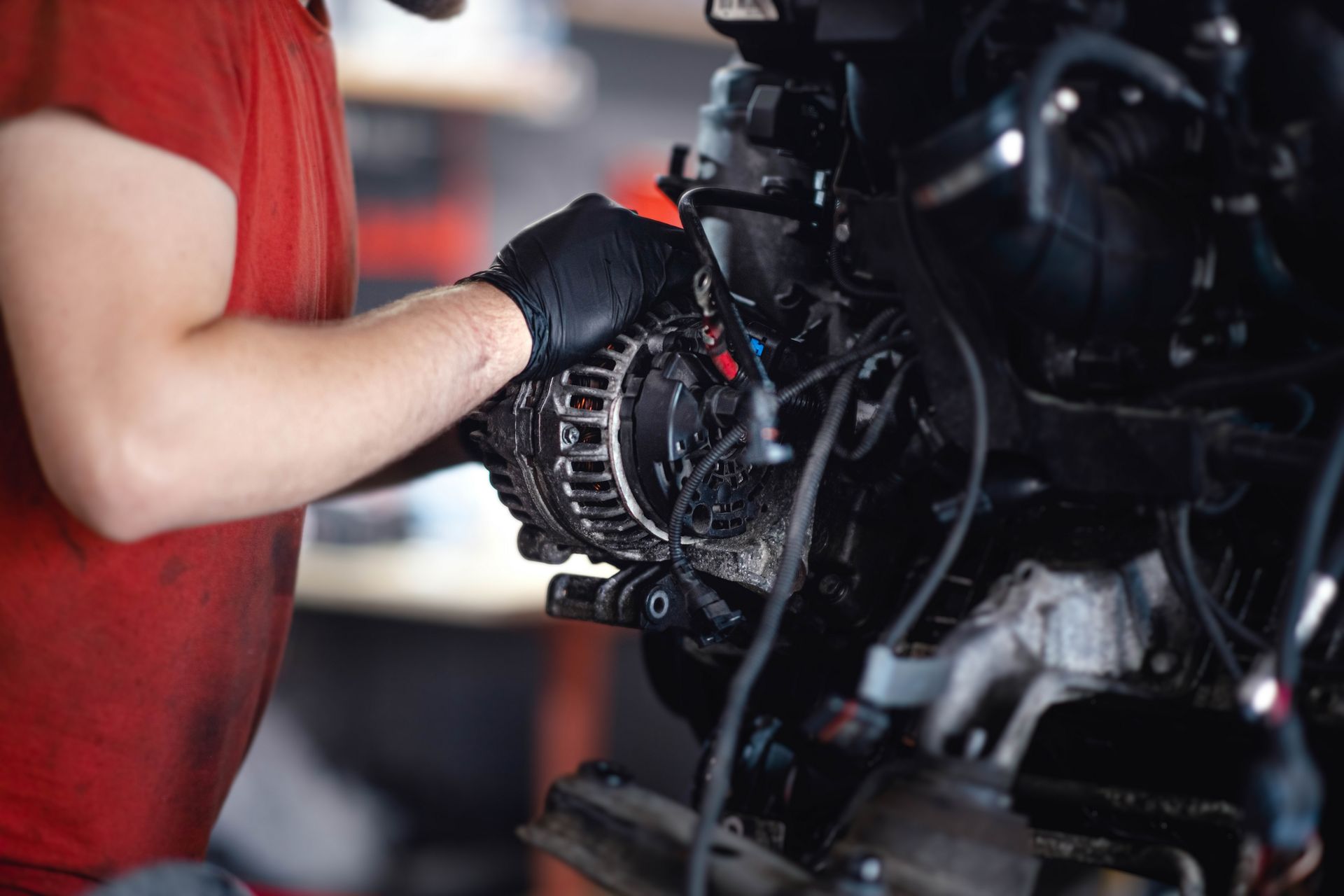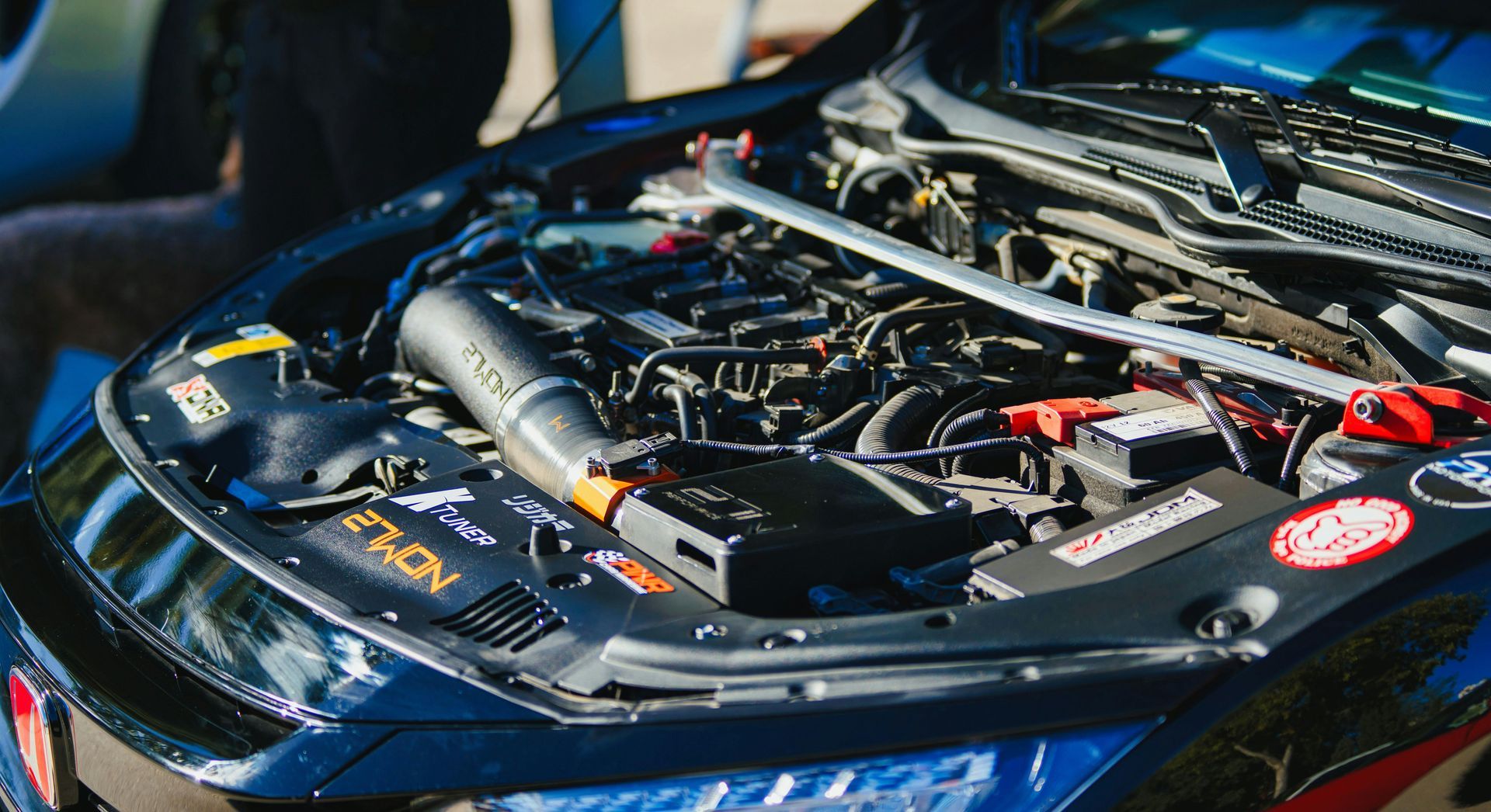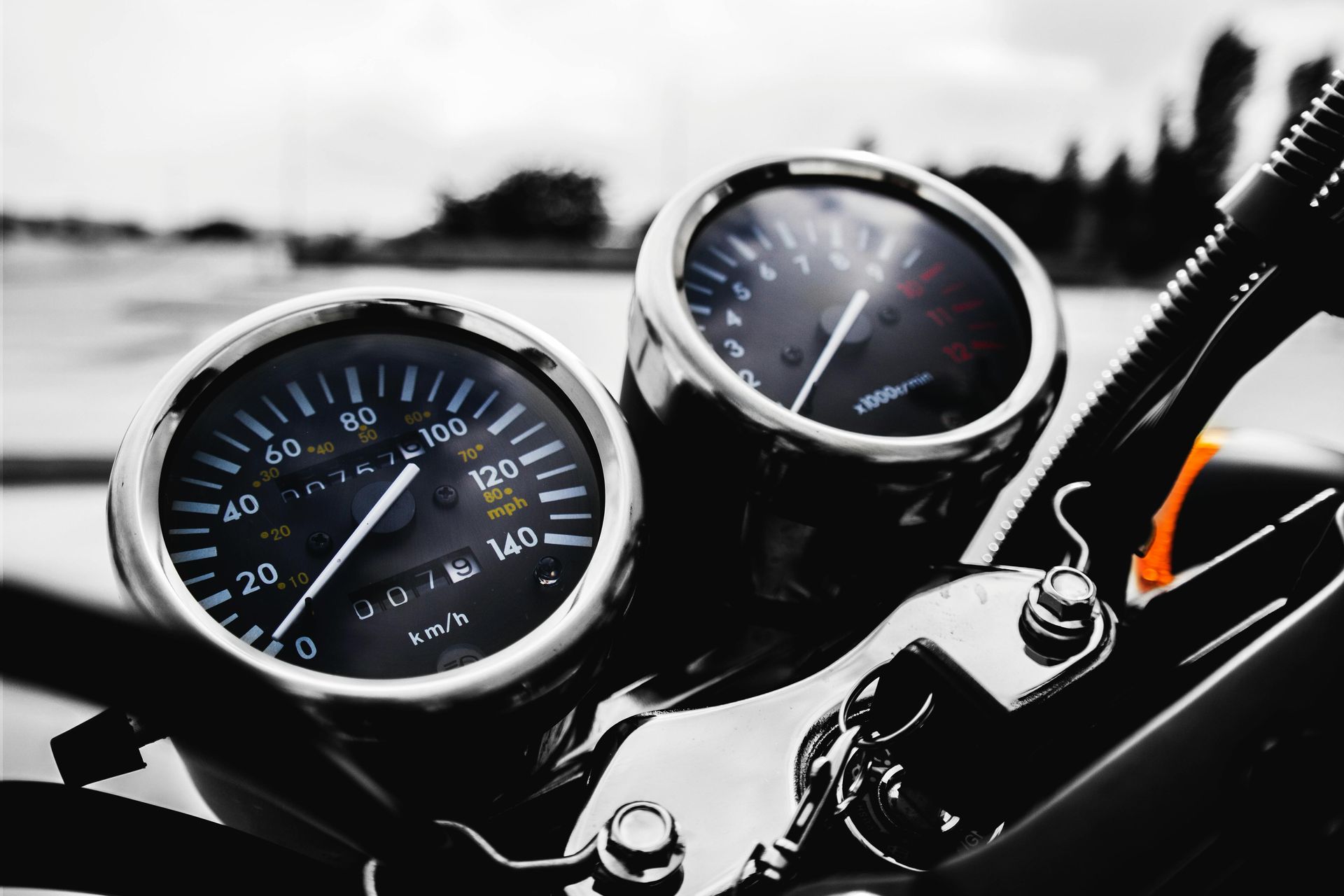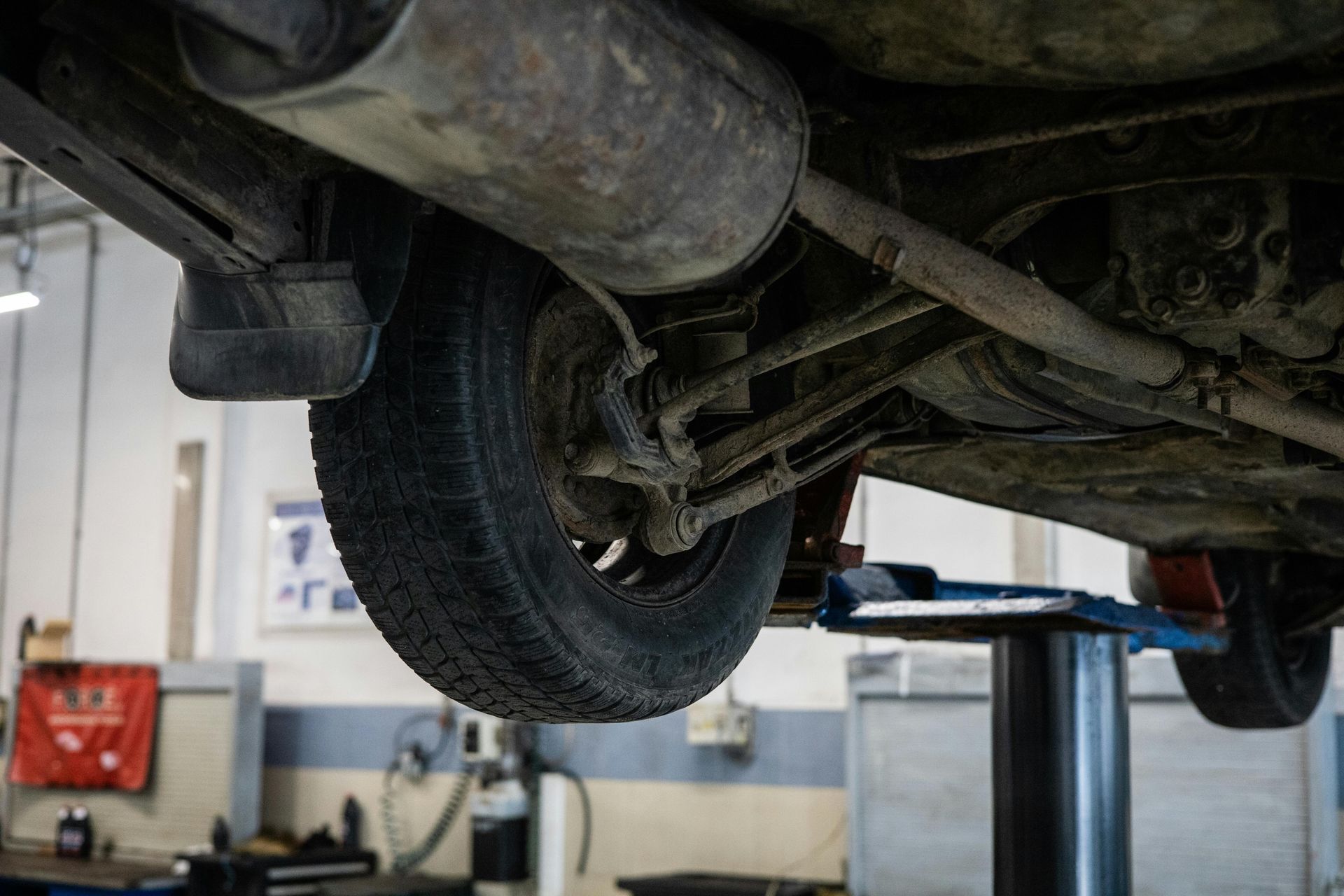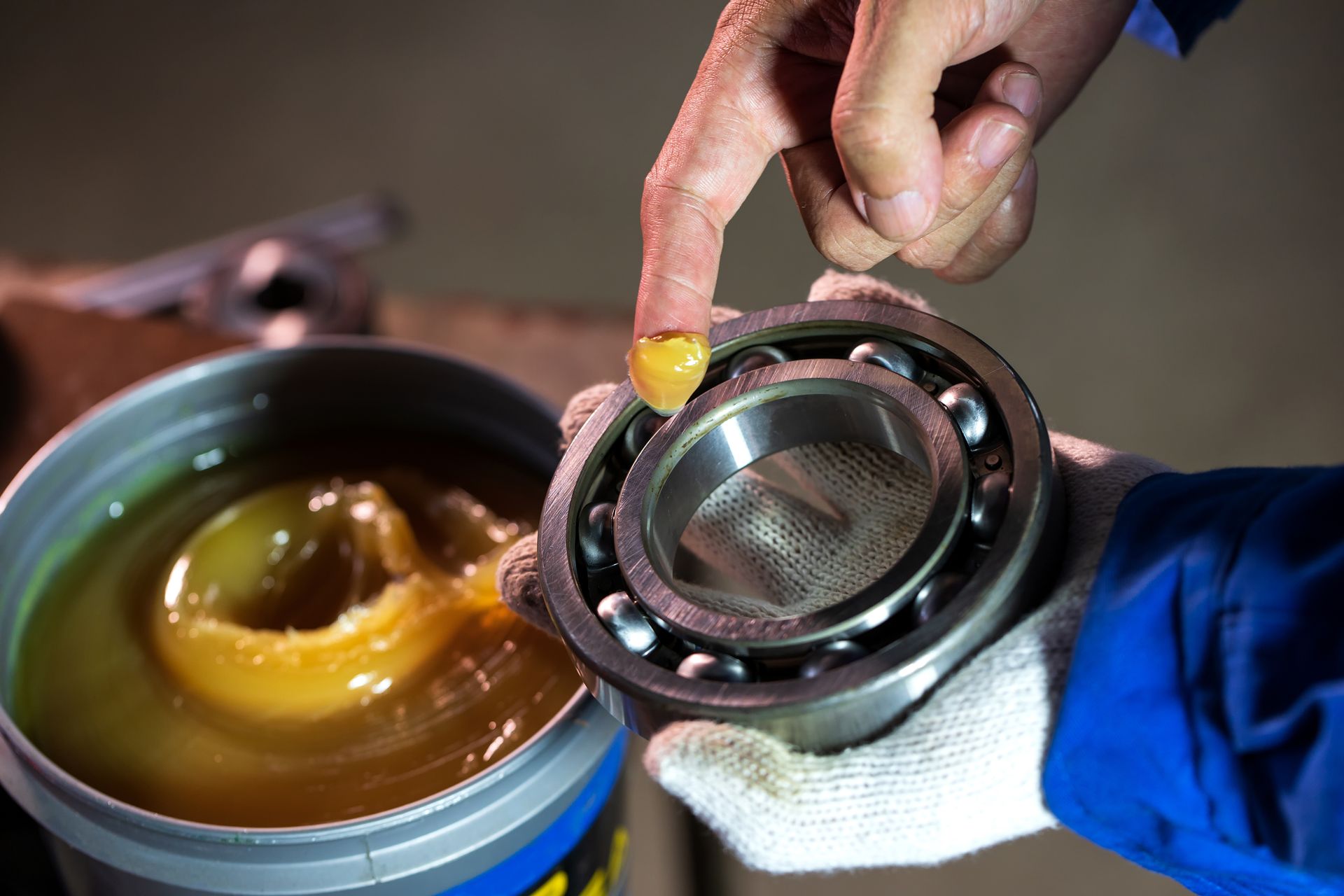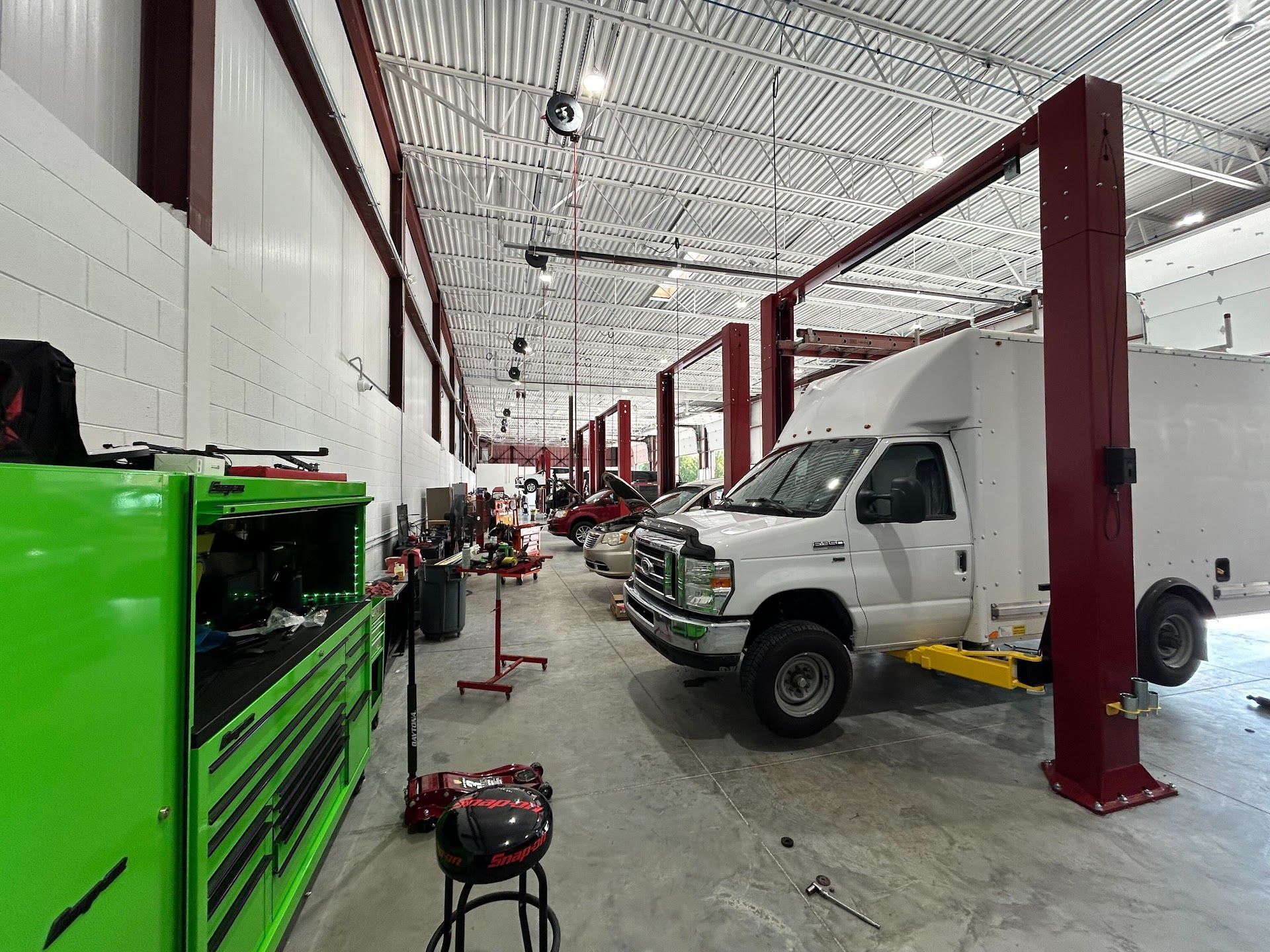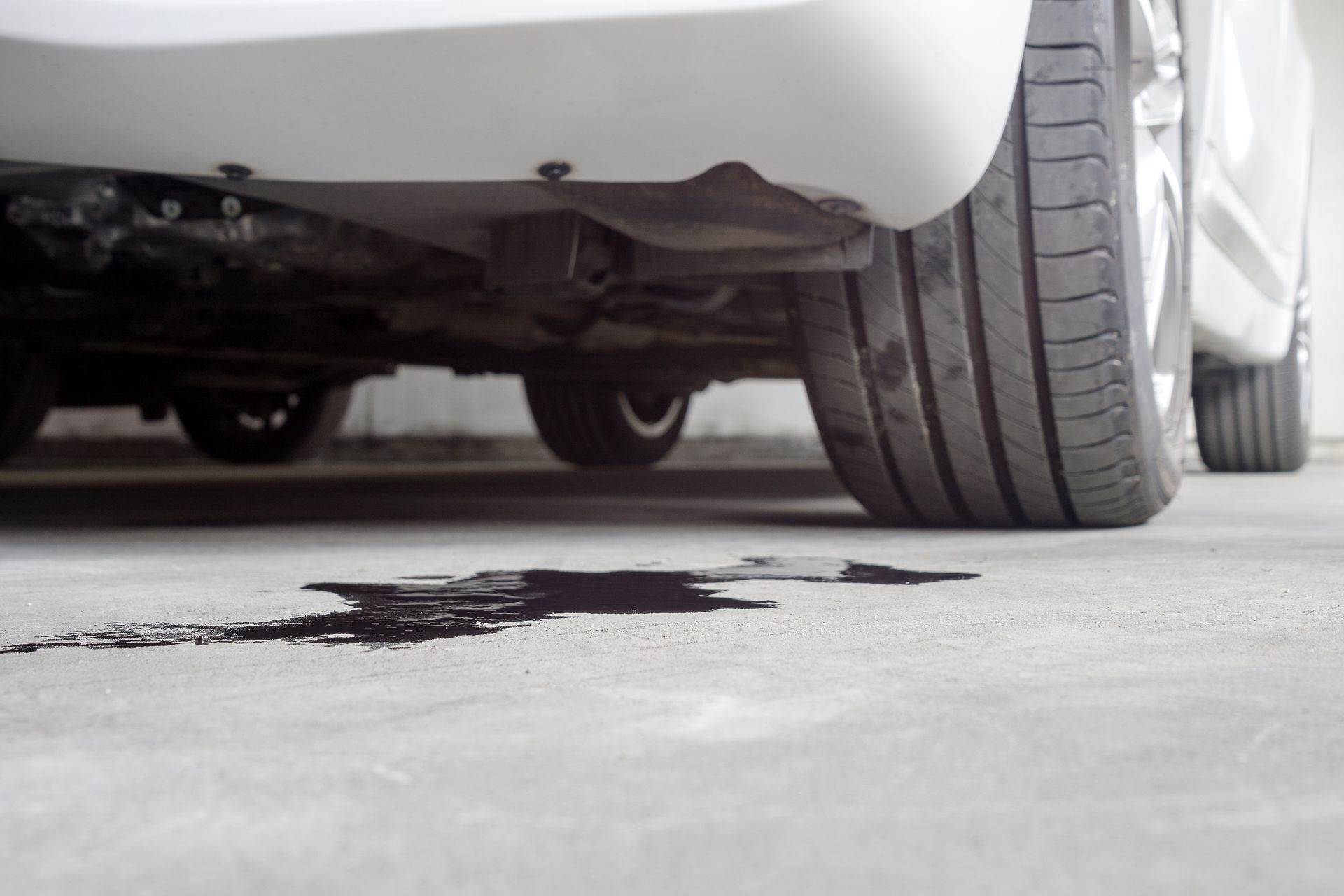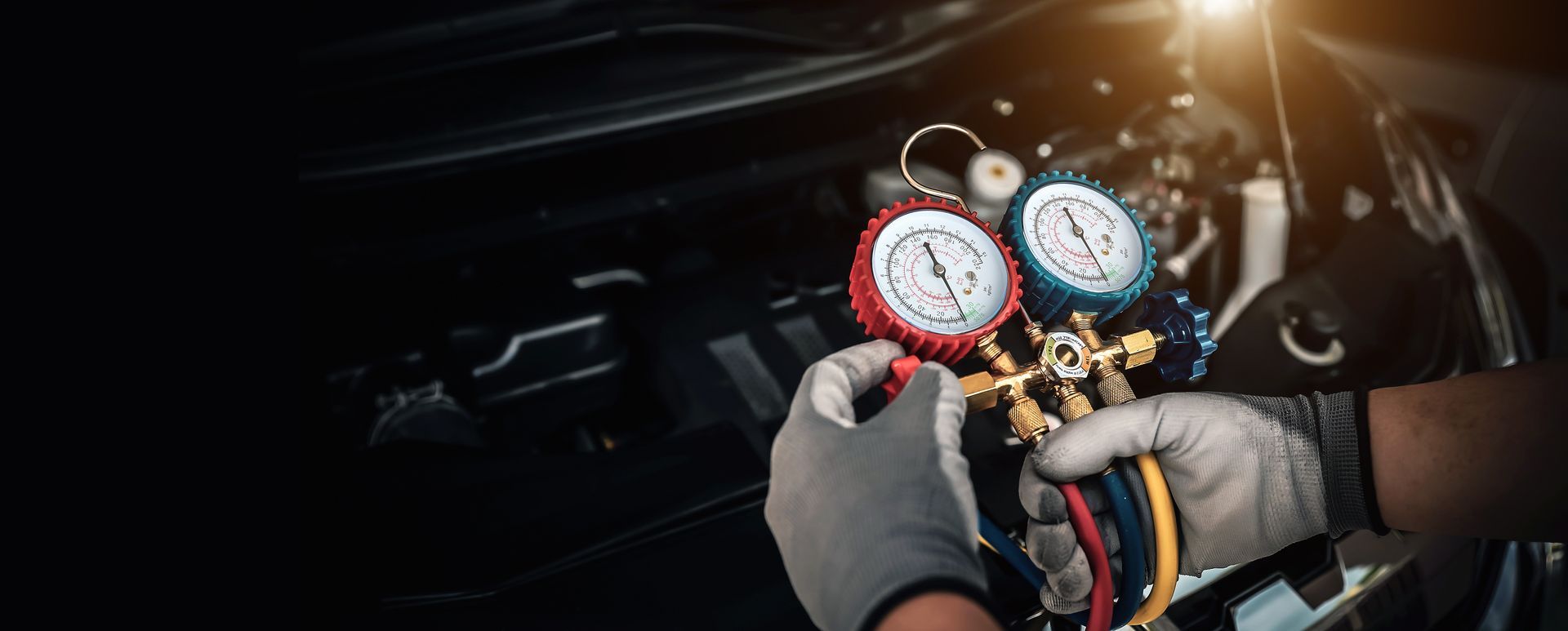Why Your Engine Depends on Regular Oil Changes
We’ve been in the industry long enough to know that car maintenance often gets pushed to the bottom of the to-do list. Life gets busy between work, family, and everything else on your plate, and it's easy to forget about your vehicle until something goes wrong.
As your neighbors at Auto DR, we want to share what we've learned after more than a decade of helping St. Clair and Macomb County families keep their vehicles running strong. Here’s the truth: many major engine problems we see could have been prevented with one simple thing—regular oil changes.
We're not trying to scare you or push unnecessary services. We just believe that understanding why oil changes matter can help you make better decisions about your vehicle's care and ultimately save you time, money, and frustration down the road.
What Does Engine Oil Actually Do for Your Car?
Think of engine oil as your engine's bloodstream. Just like your body needs clean blood flowing to all your organs, your engine needs clean oil flowing to every moving part. Here's what engine oil is working around the clock to accomplish.
Lubrication: Your engine contains dozens of metal parts moving at incredible speeds—pistons firing thousands of times per minute, valves opening and closing, camshafts spinning. Without proper lubrication, these metal surfaces would grind against each other, creating friction that generates enough heat to literally weld parts together.
Temperature Control: Oil doesn't just reduce friction; it carries heat away from the hottest parts of your engine. As oil circulates, it absorbs heat from combustion chambers and moving parts, then releases that heat when it returns to the oil pan. This cooling function becomes even more critical during Michigan's hot summers and when towing or hauling heavy loads.
Cleaning and Protection: Quality engine oil contains detergents and additives that continuously clean your engine from the inside. It picks up combustion byproducts, metal particles, and other contaminants, suspending them until your next oil change removes them completely. This cleaning action prevents sludge buildup that can clog oil passages and starve engine components of lubrication.
Sealing and Cushioning Oil fills microscopic gaps between engine parts, creating better seals and reducing wear. It also cushions the impact between moving parts, especially during cold starts when metal contracts and clearances become tighter.
How Long Can You Really Go Without an Oil Change?
This is probably the question we hear most often, and the answer isn't as straightforward as you might hope. The truth is, it depends on several factors that many car owners don't consider.
Modern Oil Technology Has Changed the Game
The old "3,000 miles or 3 months" rule came from an era of conventional oils and less sophisticated engines. Today's full synthetic oils can often protect engines for 7,000 to 8,000 miles under normal driving conditions. However, many vehicles in our area don't operate under "normal" conditions.
Michigan Driving Conditions
Here in St. Clair and Macomb Counties, most of us actually drive under what manufacturers consider "severe service" conditions without realizing it:
- Frequent short trips (less than 10 miles)
- Stop-and-go traffic during commutes
- Extreme temperatures (our harsh winters and humid summers)
- Dusty or salty road conditions
- Towing boats to Lake St. Clair or hauling equipment
These conditions mean your oil works much harder and breaks down faster than manufacturer estimates assume. The right interval depends on your oil type and driving conditions. At Auto DR, we typically recommend:
- Conventional oil: every 3,000-5,000 miles
- Synthetic blend: around 5,000 miles
- Full synthetic: every 7,000-8,000 miles
During your oil change service, our ASE-certified technicians will help you determine the optimal interval for your specific vehicle and driving habits.
How Many Miles Can You Go Over an Oil Change?
While we never recommend pushing your oil change interval, we understand that life sometimes gets in the way. If you're a few hundred miles over your scheduled change, you're probably still safe to drive to our shop. However, every additional mile increases your risk.
Old oil doesn't just stop working overnight. It gradually loses its ability to lubricate, clean, and protect. First, it gets thicker and darker as it picks up contaminants. Then it starts forming sludge that can block oil passages. Finally, it becomes so degraded that it can't protect engine parts from wearing against each other.
The 1,000-Mile Buffer Zone
Most quality oils have some built-in protection beyond their recommended interval. If you're running conventional oil and you're 1,000 miles over a 5,000-mile interval, you should change it immediately but probably haven't caused permanent damage.
The Real Costs of Delayed Oil Changes
Here's what typically happens when oil changes are consistently delayed:
- Increased engine noise and rougher idle
- Reduced fuel economy as the engine works harder
- Oil leaks as seals and gaskets deteriorate
- Accelerated wear on timing chains, cam phasers, and other expensive components
- Complete engine failure requiring replacement or rebuild
We've seen engines with only 80,000 miles that needed complete rebuilds because owners consistently skipped oil changes. On the other hand, we regularly service vehicles with 200,000+ miles that run like new because their owners never missed a scheduled oil change.
What Does Bad Oil Look Like?
One of the most valuable skills we can teach our customers is how to check their own oil and recognize when it needs changing. New oil is typically amber or honey-colored and flows smoothly off the dipstick. Synthetic oils might appear slightly different in color but should still be relatively clear.
Warning Signs in Your Oil
- Dark, thick, or black oil: While some darkening is normal, oil that's completely black or tar-like has broken down and lost its protective properties.
- Gritty texture: If you rub the oil between your fingers and feel particles, that's metal and debris that shouldn't be there.
- Milky or foamy appearance: This usually indicates coolant contamination, which requires immediate professional diagnosis.
We recommend checking your oil level and appearance monthly. It takes just a few minutes and can save you thousands in engine damage. If you're not sure how to check your oil properly, stop by Auto DR and we'll show you—no charge, just neighbors helping neighbors.
Why Oil Changes Are Your Engine's Best Insurance Policy
After serving hundreds of families in our community, we've learned that regular oil changes are the single most important thing you can do to protect your vehicle investment.
Prevention vs. Reaction
A quality oil change costs around $40-100 depending on your vehicle and oil type. An engine replacement costs $5,000-15,000 or more. When you look at it that way, oil changes aren't an expense—they're insurance against catastrophic failure.
Protecting Your Family's Transportation
Your vehicle isn't just a machine; it's how your family gets to work, school, medical appointments, and everywhere else you need to go. Regular oil changes help ensure your car starts every morning and gets you where you need to be safely and reliably.
Maintaining Resale Value and Service Records
Your vehicle represents a significant investment, and proper maintenance records can add thousands to its resale value. Potential buyers know that a well-maintained car with documented oil changes is likely to serve them reliably.
Our Commitment to Your Family
Every oil change at Auto DR comes with the peace of mind that comes from our industry-leading 36-month/36,000-mile nationwide warranty. We stand behind our work because we believe in doing things right the first time.
Plus, our rewards program helps make regular maintenance even more affordable. After every five oil changes, you've earned a free one because we believe in rewarding the customers who take care of their vehicles consistently.
Choosing the Right Oil for Your Vehicle
Not all engine oils are created equal, and here in Michigan's challenging climate, choosing the right oil type can make a significant difference in your engine's performance and longevity.
Conventional Oil: The Reliable Standard
Conventional oil works well for older vehicles with simpler engine designs and offers a lower upfront cost. It's perfectly adequate for many drivers, especially those with older vehicles or basic transportation needs. However, it requires more frequent changes and doesn't perform as well in extreme temperatures.
Full Synthetic Oil: Maximum Protection
Full synthetic oil is engineered to perform better in extreme temperatures—something we definitely experience here in Michigan. It lasts longer between changes, offers superior engine protection, and maintains its viscosity better in both our frigid winters and hot, humid summers. While it costs more upfront, the extended change intervals often make it more cost-effective than conventional oil.
Synthetic Blend: The Best of Both Worlds
Synthetic blend oil combines conventional and synthetic oils, offering improved performance over conventional oil at a price point between conventional and full synthetic. It's a balanced option that works well for many vehicles and driving conditions.
During your oil change, our ASE-certified technicians will help you choose the best oil type based on your vehicle's requirements, your driving habits, and our knowledge of local conditions.
The Auto DR Difference—More Than Just an Oil Change
When you bring your vehicle to Auto DR for an oil change, you're getting some best mechanics in the area working on your car. Here's what's included with every oil change:
The Basics Done Right:
- Drain and replace your engine oil with the appropriate grade and type
- Install a new, high-quality oil filter designed for your specific vehicle
- Check all essential fluids including coolant, brake fluid, power steering fluid, and windshield washer fluid
Comprehensive Vehicle Inspection:
- Visual inspection of belts and hoses for cracks, fraying, or deterioration
- Check tire pressure and condition
- Battery and charging system check to prevent unexpected failures
- Inspection for fluid leaks or emerging maintenance needs
This thorough approach has helped us catch potential problems early for hundreds of families in our community, often saving them from expensive repairs or dangerous roadside breakdowns.
We're not trying to sell you services you don't need. We're your neighbors, and our reputation in this community matters more than any single sale. When we recommend something, it's because we'd recommend the same thing to our own family members.
Don't Wait Until Tomorrow
We know it's easy to put off oil changes when your car seems to be running fine. But engine damage from neglected oil changes happens gradually, then all at once. By the time you notice problems, expensive damage has often already occurred.
If you can't remember your last oil change, or if you're overdue, don't wait another day. Your engine is depending on you to keep that oil fresh and clean. Schedule your oil change today and give your engine the protection it deserves.
At Auto DR, we're here to help keep your family's vehicles running safely and reliably for years to come. Because in this community, we're not just your local auto repair shop—we're your neighbors, and we genuinely care about keeping you and your loved ones safe on the road.



